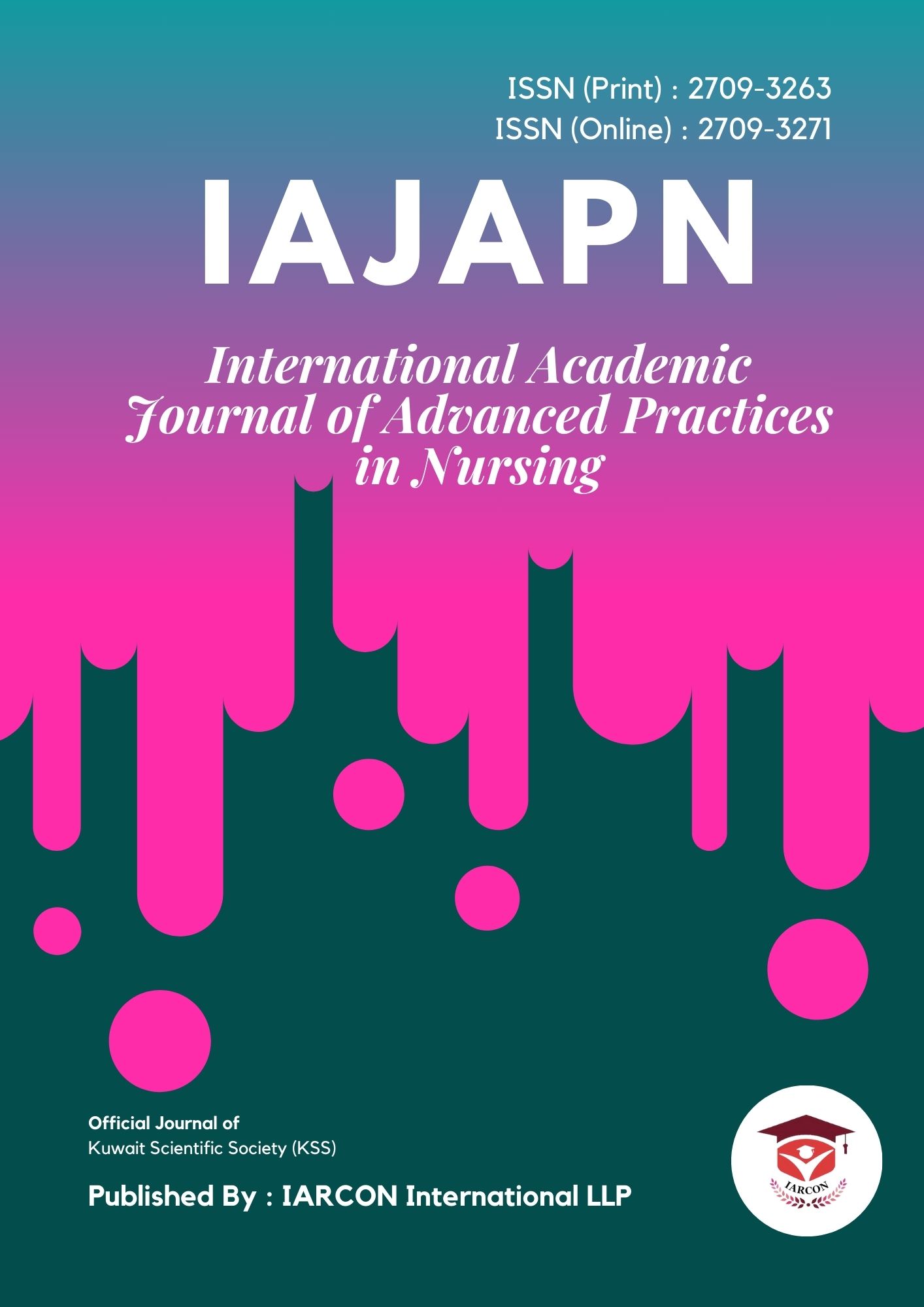Study to Assess the Effectiveness of Planned Teaching Program on Organ Donation In Terms Of Knowledge and Attitude among College Students
Introduction: In India every year nearly 500,000 people die because of non-availability of organs and this number is expected to grow due to scarcity of Organ Donors. In India there is a need of roughly 200,000 kidneys, 50,000 hearts and 50,000 livers for transplantation each year. Aim: To evaluate the effectiveness of planned teaching programme on knowledge and attitude regarding organ donation among college students. Settings and Design: It was a pre-experimental study conducted among college students of Govt. P.G. College, Solan (Himachal Pradesh), in the month of July-August 2021. Material and Methods: A pre-tested, structured questionnaire was used as a study tool. Data was collected from 80 samples that were selected by convenient sampling technique. Tool used to collect the data from the samples was structured knowledge questionnaire. It consists of two Parts-Parts A consists of Demographic variables, part B- Structured knowledge questionnaire and part C- Likert rating scale for attitude scoring. Result: The finding revealed that out of 80 subjects 36.3% students were in the age group 21-22 years, 57.5% were females which were in majority population than males who were 42.5%. 51.3% students resided in urban area.37.5% had previous source of information regarding organ donation from hospital. 97.5% students had your thoughts for organ donation. The mean difference between pre-test and post-test knowledge score was 47.33% which explains the efficiency of planned teaching program on enhancing knowledge score of college students. The mean difference between pre-test and post-test attitude score was18.50% which depicts the effectiveness of planned teaching program on broadening the perception of students on organ donation.

